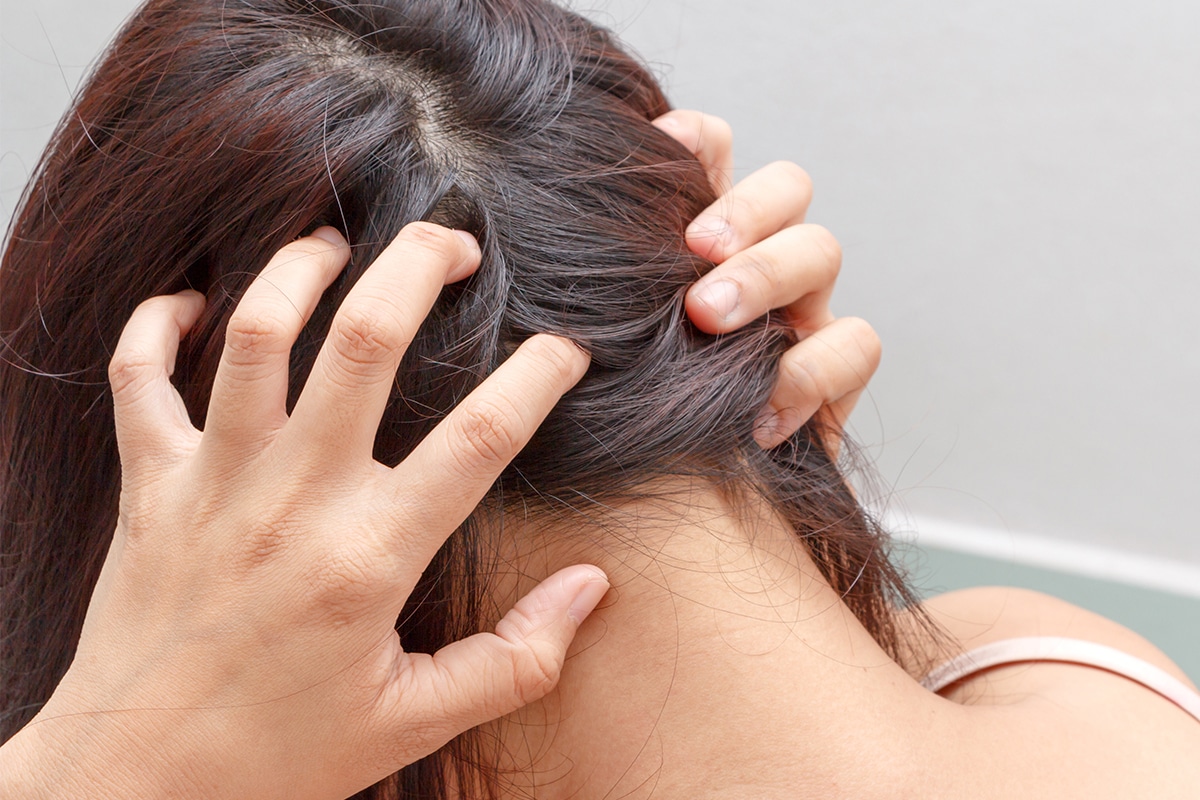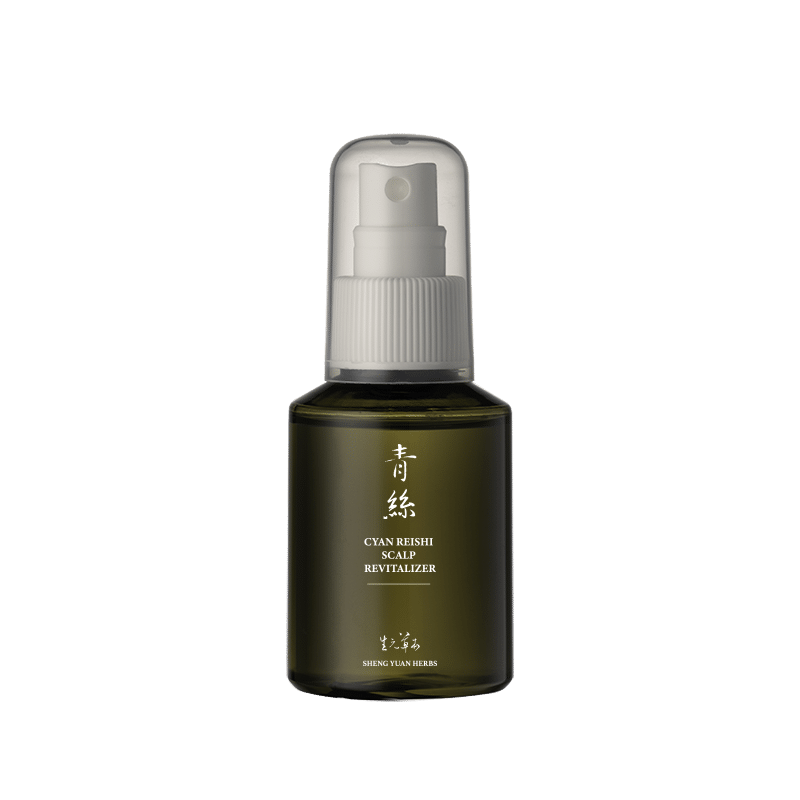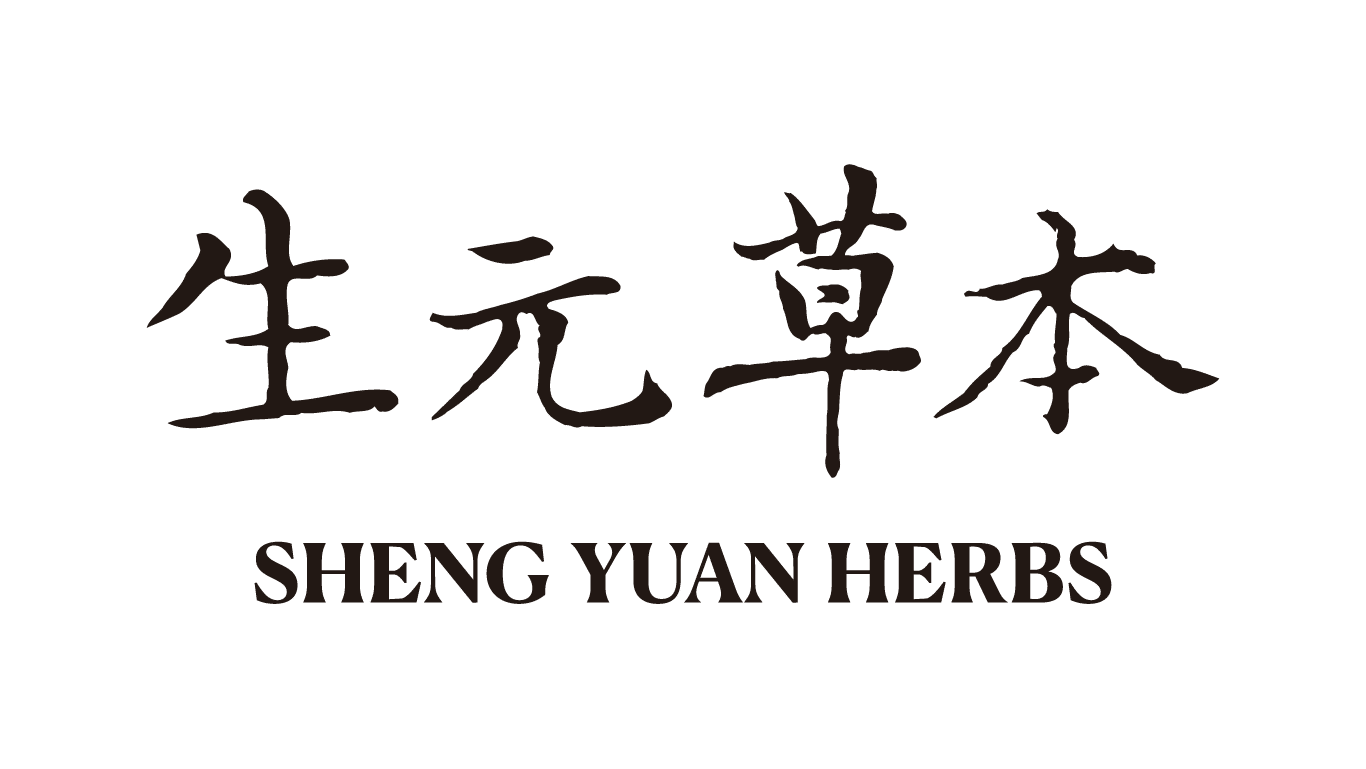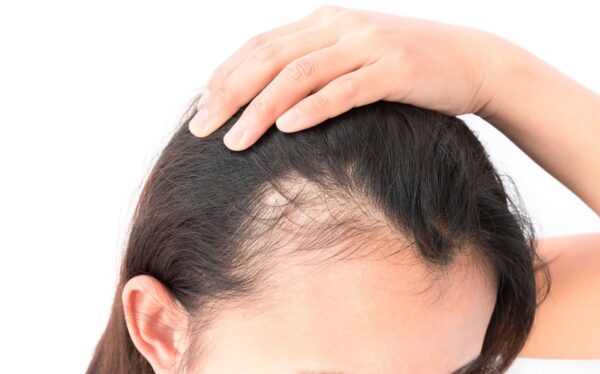
What to Do with Postpartum Hair Loss? 5 Ways to Improve Your Postpartum Hair Loss Woes

“Body and skin, bestowed by parents.”
We inherit the gifts of the previous generation, and when nurturing the next generation, do we not experience a deeper understanding of this familiar old Chinese saying?
“What’s happening to me?”
Pregnancy and childbirth bring a series of changes for women. The body undergoes rapid transformations in a short period. Various complex emotions accompany anticipation, joy, nervousness, and anxiety.
Hair is not only a reminder but also a signal from the body. Hairstyle, hair volume, and hair condition can also affect how others perceive us.
“Increased hair loss, receding hairline” – the astonishing amount of hair loss troubles you, as parenting keeps you busy and the journey to hair recovery seems distant.
Will my hair grow back? Don’t worry; Sheng Yuan Herbs has a solution for your hair!
What is postpartum hair loss?
The amount of hair a person has is congenital and often taken for granted. With the growth of age and going through different life stages, gradually, we begin to notice changes in our hair.
Postpartum hair loss refers to the condition where women experience changes in their hair after childbirth. In fact, more than half of new mothers face postpartum hair loss, and the areas affected are concentrated around the forehead and sides of the head above the ears.
From the perspective of traditional Chinese medicine, going through pregnancy is considered as a loss of qi and blood in the body. In addition to the loss of a significant amount of nutrients, postpartum hair loss is mainly attributed to changes in female hormones. During pregnancy, the body secretes a large amount of “estrogen,” which extends the growth phase of hair. This results in thicker, darker, and denser hair compared to that prior to pregnancy.
However, after childbirth, the concentration of estrogen drops sharply, causing the hair that was extended in the growth phase due to hormones to start falling out. This is why there is a perception of increased hair loss after childbirth.
How long does postpartum hair loss last?
Hair undergoes a regular and cyclical growth cycle: the growth phase, the regression phase, and the resting phase.
Approximately 85-90% of hair is in the growth phase, lasting 2-6 years, while less than 1% of hair is in the regression phase, with a duration of about 2-3 weeks. During this phase, the hair no longer grows, and the hair follicle gradually shrinks.
On average, 10-15% of hair enters the resting phase which lasts approximately 2-3 months. Then the hair naturally sheds. When we comb our hair, the strands that fall out are typically in the resting phase.
Postpartum hair loss commonly occurs within the timeframe of 3 months to 1 year after childbirth. It is a temporary shedding phenomenon known as “telogen effluvium.” Most individuals experience hair loss within the first three months after childbirth, with a normal shedding phase called “physiological postpartum hair loss” occurring between 3 and 6 months postpartum. Hair loss during this period is considered normal, and between 6 months to a year, the situation tends to improve on its own. Fine hair gradually regrows, restoring the hair density to pre-pregnancy levels.
Normal daily hair loss is around 100 strands. If postpartum hair loss persists beyond 1 year and exceeds the normal range, it is advisable to seek specialized medical advice.
Why does Postpartum Hair Loss Happen?
Hormonal changes can impact the growth of hair. During pregnancy, estrogen levels in the body are elevated, prompting an extension of the follicular growth phase. At this time, hair is in its most dense and beautiful stage. Postpartum, when estrogen levels rapidly decrease, the body struggles to adapt to this change, leading to significant hair loss. From a growth cycle perspective, a higher proportion of hair enters the resting phase after childbirth, approximately as high as 40-50% of all hair, naturally increasing the likelihood of hair loss.
In general, hair loss tends to occur within the first six months postpartum, with a peak around 3 months after childbirth.
The reasons for postpartum hair loss are multifaceted. In addition to hormonal fluctuations, factors such as significant postpartum bleeding, imbalances in bodily functions, nutritional deficiencies (such as reduced iron level), emotional stress, and subsequent lifestyle changes contribute to hair loss. These lifestyle changes may include the pressure of caring for a newborn, severe sleep deprivation, disrupted sleep patterns due to breastfeeding, and other individual factors like genetics, medical treatments, and dietary habits, all of which could potentially influence the occurrence of postpartum hair loss.
When Does Postpartum Hair Loss Happen?
Most individuals experience hair loss within the first 3 months after childbirth. Within 6 to 12 months postpartum, hair tends to return to a normal growth cycle.
A noticeable characteristic of stress-related hair loss is a concentrated reduction in hair volume within specific areas on the scalp, and the changes can be visibly apparent. In contrast, postpartum hair loss involves a more evenly distributed shedding of hair, with the frontal area being particularly noticeable. The hair loss condition tends to gradually subside within 6 months to 1 year, eventually entering another growth phase.
How to Treat Postpartum Hair loss?
The key to hair regeneration lies in the follicles, and the most crucial aspect is the replenishment of nutrients. How to supplement enough nutrition and protect the follicles to slow down their shrinkage is a vital aspect of scalp care.
1. Intake of Proteins and Vitamins:
Supplementing high-quality proteins aids in tissue repair and stimulates cell growth, providing essential nourishment to the hair’s keratin. This can be achieved through natural dietary sources or nutritional supplements containing vitamins A, C, E, and D.
Vitamin A: Enhances hair resilience, preventing breakage.
Vitamin B complex: Stimulates hair growth; recommended sources include brown rice, wheat, and egg yolk.
Vitamin C: Crucial for collagen formation, maintaining skin hydration, controlling hair elasticity and water retention.
Zinc deficiency can lead to dry skin, loss of appetite, brittle nails, and hair loss.
Iron deficiency results in fatigue, pale complexion, and poor hair follicle nutrition, leading to shrinkage and hair loss.
Gentle hair care practices include washing with lukewarm water, minimizing the use of high-temperature styling tools, and avoiding chemical styling agents or regular hair conditioning. Additionally, avoiding tight hairstyles that may strain the scalp and using wide-tooth combs for gentle detangling are recommended.
Foods conducive to healthy hair growth include eggs, milk, fish, chicken, sweet potatoes, carrots, spinach, beans, asparagus, walnuts, sunflower seeds, and blueberries. Nutrients like B vitamins, folic acid, and pantothenic acid found in nuts, brown rice, and green leafy vegetables contribute to hair growth, stimulating melanocytes to prevent premature graying. Thus it’s recommended to consume these types of foods if hair loss is an issue.
2. Balanced Diet and Avoid Rapid Weight Loss:
Rapid attempts to regain pre-pregnancy figures through reduced food intake or uneven nutrient consumption may exacerbate hair loss or slow down hair growth.
3. Emotional Regulation and Relaxation:
While ample sleep might be temporarily elusive, timely relaxation can provide a quick mental reset.
4. Seek Professional Medical Assistance:
In traditional Chinese medicine, nourishing the liver and kidneys, supplementing qi and blood, and calming the mind are primary approaches to address hair loss. Prescribed herbal formulas, dietary soups, acupuncture, and massages can help improve hair loss conditions.
5. Take Advantage of Hair Growth Products:
Using supplementary products may be another option for many in addition to basic care.
Incorporating extracts of ginseng, ginger, and cocoa as well as Ganoderma GMI protein, “Cyan Reishi Scalp Revitalizer” from Sheng Yuan Herbs focuses on scalp repair and revitalizing hair growth. It promotes fuller and stronger hair growth over time. Thus, Cyan Reishi Scalp Revitalizer is highly recommended for treating postpartum or stress-related hair loss.
Ease your concerns about postpartum hair loss with the assistance of Cyan Reishi Scalp Revitalizer from Sheng Yuan Herbs!





